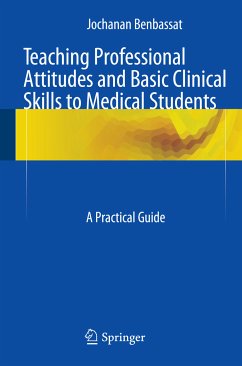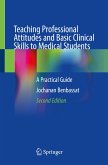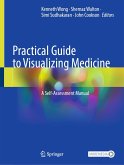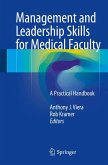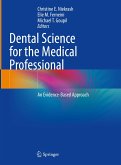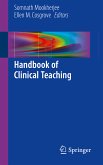Doctors di¿er in values, training and practice setting, and eventually they adopt diverse approaches to patient interviewing, data collection and problem-solving. As a result, medical students may encounter signi¿cant di¿erences in the clinical methods of their tutors. For example, some doctors encourage patients' narratives by using open-ended questions while others favor closed-questions; and hospital- and community-based doctors may disagree on the value of the physical examination. Medical students may be puzzled by these di¿erences and by controversies about issues, such as doctor-patient relations and the approaches to clinical reasoning.
This handy title is intended to help tutors address many of these issues, and to provide an approach not only to teaching patient interviewing and the physical examination but to teaching some clinically relevant topics of the behavioral and social sciences that are so vital to developing an e¿ective, well-rounded physician.
Dieser Download kann aus rechtlichen Gründen nur mit Rechnungsadresse in A, B, BG, CY, CZ, D, DK, EW, E, FIN, F, GR, HR, H, IRL, I, LT, L, LR, M, NL, PL, P, R, S, SLO, SK ausgeliefert werden.

